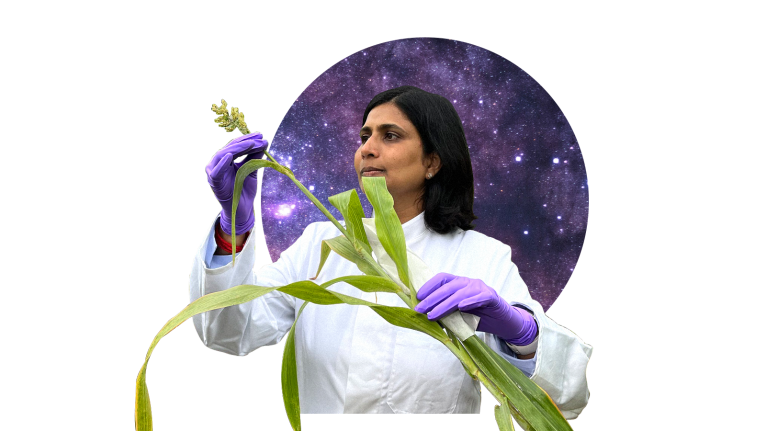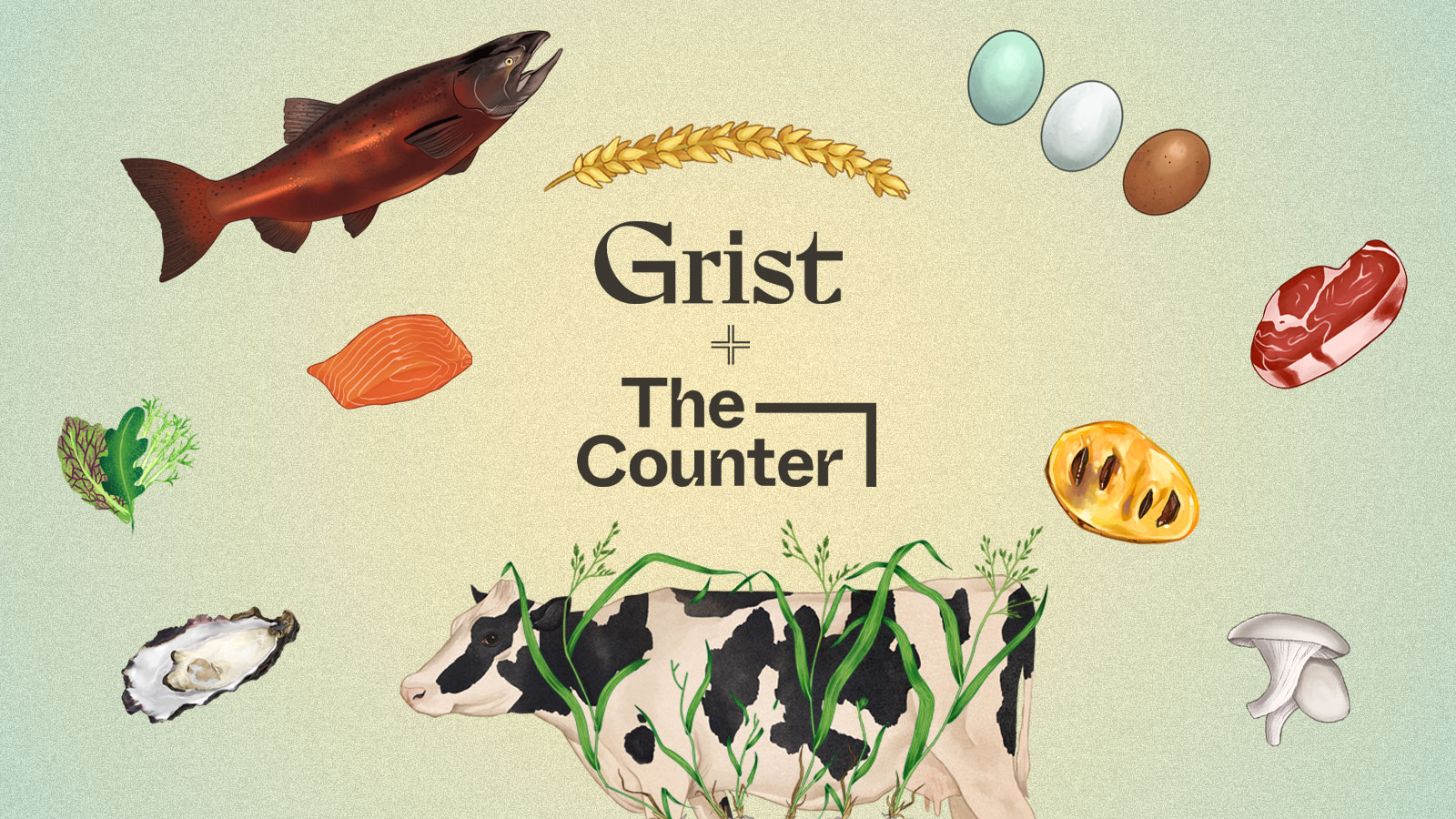I have been at Grist for more than seven years now, and it’s been a hell of a ride. The organization has evolved — or, put more fairly, transformed — shifting from almost entirely Seattle-based to very nearly fully distributed, with staffers in more than 20 states. We’ve morphed from our roots as an iconoclastic blog to an authoritative digital magazine. We’ve experimented with new forms of storytelling, including climate fiction — which involves both a medium and ideas that weren’t on our radar back when I walked in the door in 2017.
In that time, we’ve accumulated dozens of collaborators, hundreds of syndication partners, amazing new staffers, 350 new Grist 50 Fixers, a trophy case of awesome awards, and more examples of our work’s impact out in the world than I could dare to count. Along the way, we’ve tried to do our part to not only continue to build the legacy of Grist, but also preserve the legacies of some of our fellow travelers in the nonprofit media space.
Nearly four years ago, we acquired the archive of a publication we deeply respected, Pacific Standard, promising to ensure that the organization’s thought-provoking, visually-arresting, award-winning work would continue to be publicly available for anyone to read. Earlier this year, we hired Lyndsey Gilpin, the dedicated founder of Southerly, so she could bring to Grist her work covering environmental justice issues using her celebrated community engagement practices.
And today, Grist is bringing back a well-respected title on the food and agriculture beat and officially building out that topic’s intersection with climate in a major way. I’m thrilled to share that Grist has acquired the archive and brand assets of The Counter, a decorated nonprofit food and agriculture publication that we long admired, but that sadly ceased publishing in May of 2022. As evidence of our esteem for The Counter, the last piece it published on its website was a collaboration with Grist — a look at the use of methane digesters as a climate solution in California, and how the way the state was counting emissions reductions likely oversold their impact.
When The Counter’s founder and publisher Jeffrey Kittay reached out looking for a home for the site’s archive, speckled with award-winning work, as well as a healthy overlap of work covering the food and agriculture issues that Grist readers care about, we saw an opportunity to catapult into our next chapter of high-quality journalism on this topic.
We hope to build on — and supercharge — The Counter’s strong journalism and the important work we’ve recently done on this beat. A story we collaborated on with the Food & Environment Reporting Network about an Alaska Native village reckoning with the disappearance of snow crab was nominated for a James Beard Award. The monthly Sidney Awards honored our investigation into a celebrated vertical farming startup in Kentucky that turned out to be a cauldron of workplace abuse and unrealized production. A story from our Michigan reporter housed at Interlochen Public Radio on the debate over using land in the state for farming or solar panels echoed arguments across the country and was one of our most popular stories of the past year. And two years ago, our creative storytelling team put together a brilliant package on the future of food, which included a Climate Future Cookbook complete with a dossier of resilient foods, like pawpaw and lionfish, that we could see more of in a few years.
The time for this expansion is now: Agriculture is under threat all over the world because of rising temperatures and increasingly severe weather events. At the same time, the way we grow our food has to change. According to the World Bank, “the global agrifood system emits one-third of all emissions.” Add to that how people’s relationship to food is changing in a warming world, from subsistence communities losing access to the foods that have kept them alive for generations to families, food purveyors, and cities thinking more deeply about how to manage food waste — which a group of scientists recently estimated accounts for half of food system emissions.
The Counter had hit on a rich vein to report on, and we’re excited to not only ensure the work of the staffers and contractors of that publication is available for posterity, but to build on it. So we’re relaunching The Counter as a food and agriculture vertical within Grist, continuing their smart and provocative reporting on food systems, specifically where it intersects with climate and environmental issues. We’ve also hired two amazing new reporters to make our plan a reality.
Being back on the food and agriculture beat in a big way is critical to Grist’s mission to lead the conversation, highlight climate solutions, and uncover environmental injustices. What we eat and how it’s produced is one of the easiest entry points into the wider climate conversation. And from this point of view, climate change literally transforms into a kitchen table issue.




